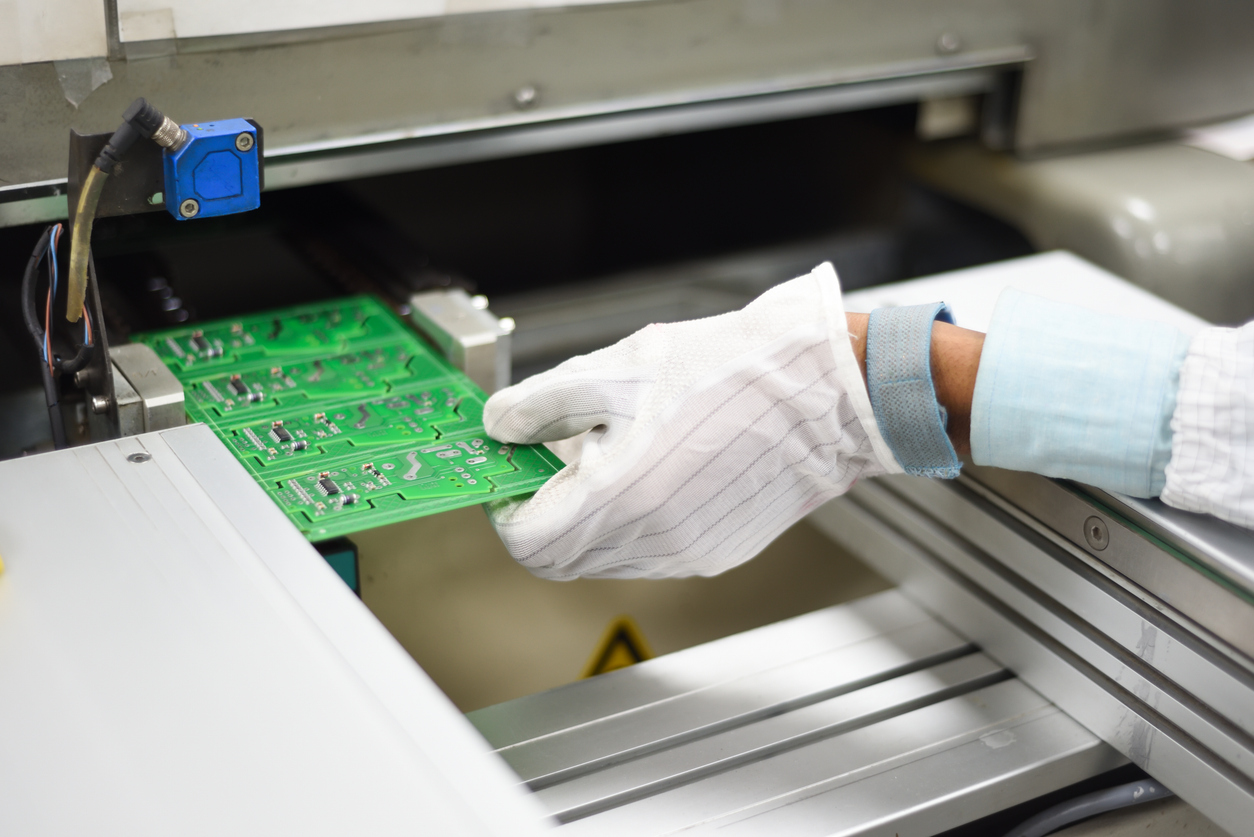
February 10, 2025
Approximately 25% of foreign experts' remuneration to be taxable, simplifying compliance.
Predictable tax roadmap to support global value chains (GVCs)
Removal of 2.5% tariff on key smartphone inputs and tax-free imports for lithium-ion battery production
Sector revenues crossed US$118 billion in FY24, with smartphone exports at US$15.6 billion

In a landmark move aimed at bolstering India’s electronics manufacturing ecosystem, the Union Budget 2025-26 introduced a presumptive taxation regime. This regime allows companies to bring in foreign experts from China without tax complications. Under the new regime, only 25% of their remuneration will be subject to taxation in India.
The decision addresses a long-standing concern for electronics manufacturers who require thousands of highly skilled foreign engineers to set up and maintain factories and train local talent. Previously, experts staying in India for over 90 days faced cumbersome tax filing requirements, deterring many from coming.
Industry leaders welcomed the move, noting its potential to resolve compliance challenges and attract top talent. “This is a game-changer for electronics manufacturing and global value chains,” said a senior industry executive.
The budget also unveiled a roadmap for a predictable safe harbour regime akin to a long-term advance pricing agreement. This will enable global component and sub-assembly vendors to store components physically in India without concerns over future tax unpredictability.
Pankaj Mohindroo, Chairman of the India Cellular and Electronics Association (ICEA), lauded the reforms, calling them a “welcome move” to help India build long-term competitiveness and shift global supply chains towards Indian manufacturing.
The government scrapped the 2.5% tariff on smartphone inputs such as PCBA, camera modules, and connectors in a strategic move. Tax-free imports for capital goods related to lithium-ion battery production were also announced, positioning India as a key player in the emerging battery manufacturing space.
Following consultations with the Ministry of Electronics, IT, and industry stakeholders, the finance ministry carefully balanced these tariff cuts to avoid undermining local manufacturing or employment.
The electronics sector has seen rapid growth, driven by initiatives like the production-linked incentive scheme. Fiscal 2024 saw revenues surpass US$118 billion, including US$52 billion from smartphone production and US$29.1 billion from exports.
The new tax reforms are expected to accelerate this growth further, positioning India as a competitive manufacturing hub against global destinations like China and Vietnam. Industry stakeholders hope these measures will attract investments, foster innovation, and enhance India’s role in global electronics manufacturing.
Source: Economic Times